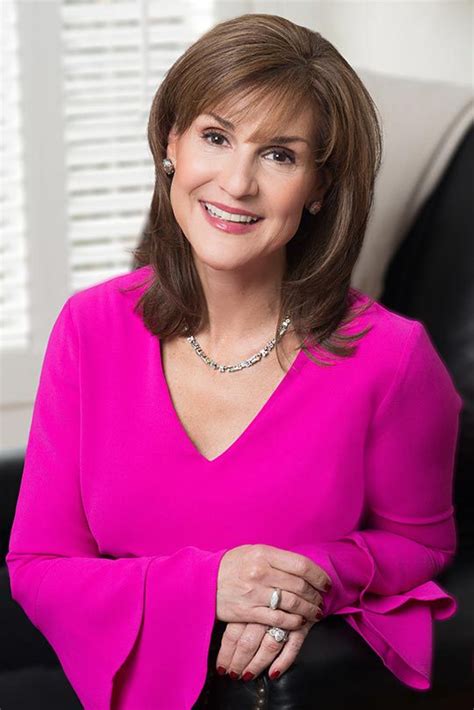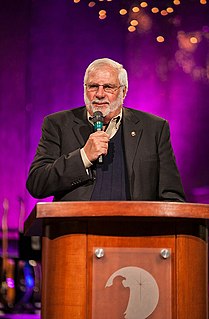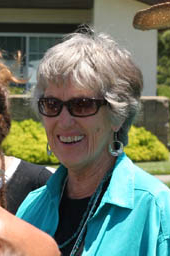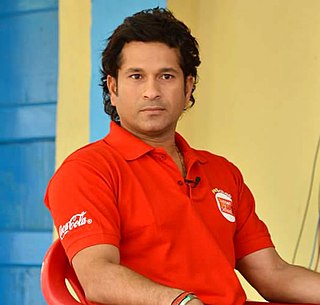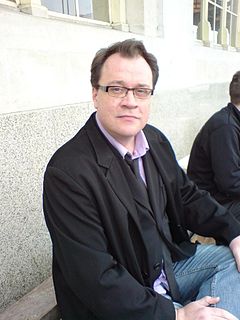A Quote by Henry David Thoreau
In dreams we see ourselves naked and acting out our real characters, even more clearly than we see others awake.
Related Quotes
We are always more anxious to be distinguished for a talent which we do not possess, than to be praised for the fifteen which we do possess. Sometimes we are too close to the scene, to see clearly. We "know" ourselves so well that we cannot see how we are perceived by others. Our opinion of ourselves is only "one" opinion and it may not be the truth.
The lives of most people are small tight pallid and sad, more to be mourned than their deaths. We starve at the banquet: We cannot see that there is a banquet because seeing the banquet requires that we see also ourselves sitting there starving-seeing ourselves clearly, even for a moment, is shattering. We are not dead but asleep, dreaming of ourselves.
Sometimes we make decisions because it seems to be the only path visible at the moment. It's only later that we see there was more than one path, but the others were blocked from our vision at the time. That's the thing with hindsight, you see. Even if you can see it clearly, there's no going back. It's at that point we need to turn around and stare ahead and make a new life.
Human beings are complicated and flawed and unique, but we all have a story to tell. Gone are the days where our lead characters can only look like somebody else. Heroes look like all of us. We see ourselves in each others' stories. We see who we are. We see who we want to be. Sometimes we see who we don't want to be. And through that we have a greater understanding of ourselves and acceptance of each other.
To see ourselves as others see us can be eye-opening. To see others as sharing a nature with ourselves is the merest decency. But it is from the far more difficult achievement of seeing ourselves amongst others, as a local example of the forms human life has locally taken, a case among cases, a world among worlds, that the largeness of mind, without which objectivity is self-congratulation and tolerance a sham, comes.
Out of this darkness a new world can arise, not to be constructed by our minds so much as to emerge from our dreams. Even though we cannot see clearly how it's going to turn out, we are still called to let the future into our imagination. We will never be able to build what we have not first cherished in our hearts.
Everyone deserves love and appreciation. If there is someone in the world whom we do not love, it is our blessing to work this out within ourselves. A very key spiritual principle, echoed in the Cayce readings as well as mainstream psychology, is that whatever we see in others that makes us angry, sad or jealous is a reflection of an issue we have in ourselves. If we can learn to love, respect and forgive ourselves, then we will not be angered and offended by what we see in others.




